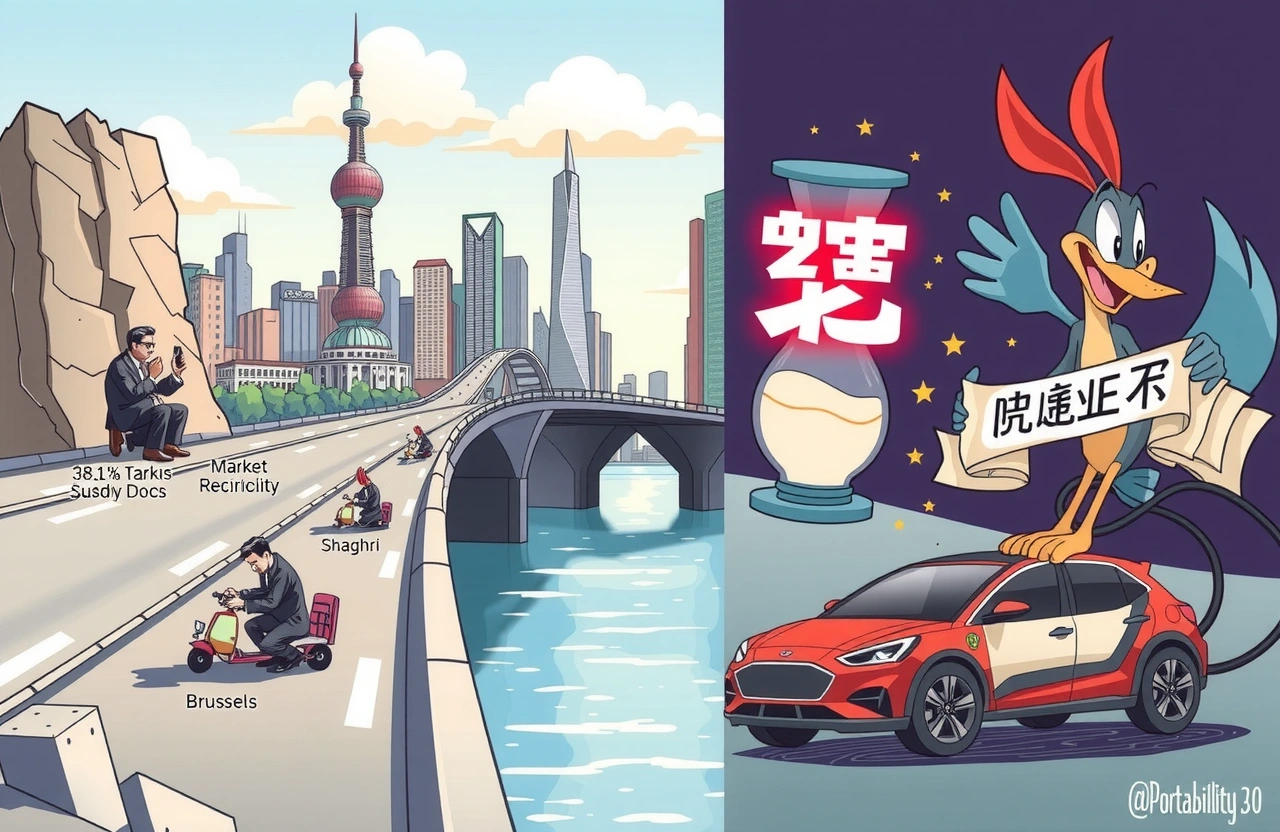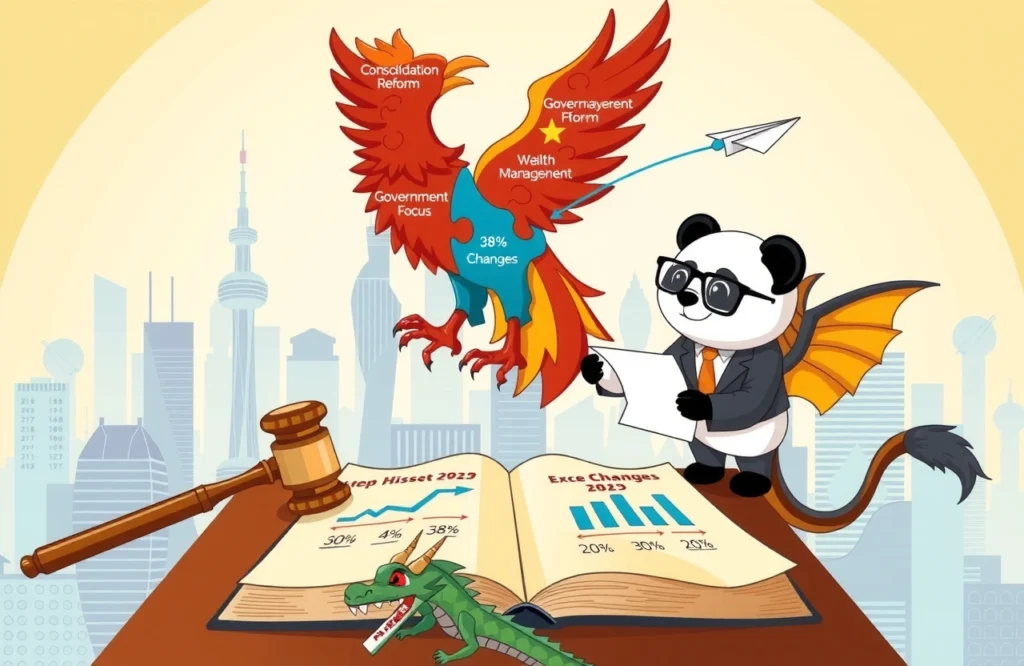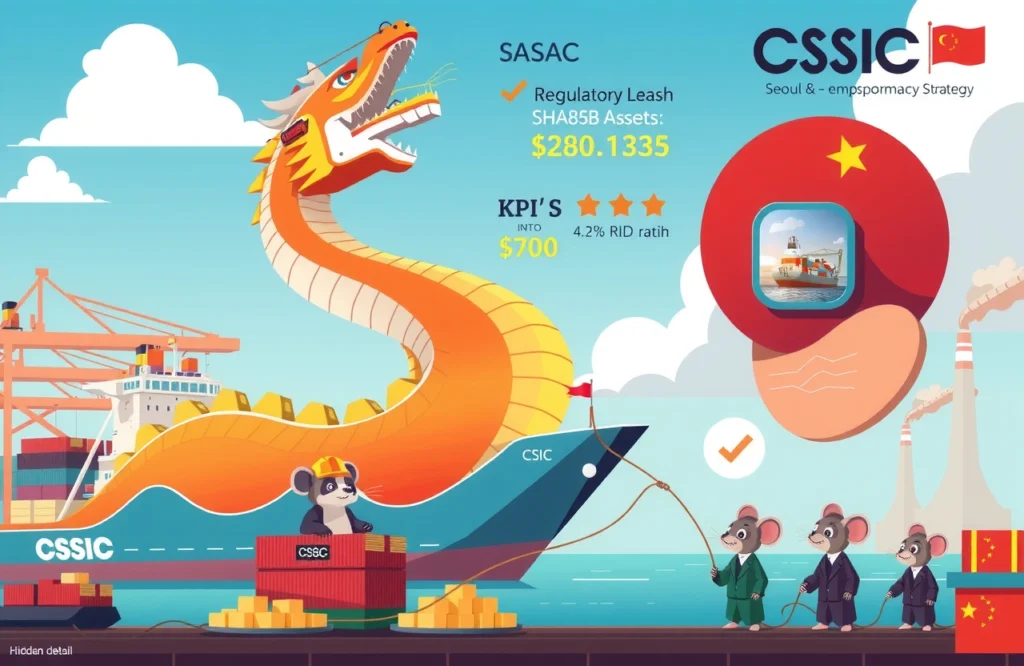The Crucial Turning Point
The long-running China-EU electric vehicle negotiations have reached an unprecedented inflection point. According to revelations from Yuanyuan Tantian, the technical framework has been substantially finalized after months of intensive talks. What remains hangs entirely on political will from Brussels – the metaphorical last mile separating negotiation from resolution. Amidst rising protectionist tensions and Europe’s anti-subsidy investigation into Chinese EVs, this breakthrough comes as German Vice Chancellor Robert Habeck (哈贝克) prepares to visit Beijing, signaling high-level commitment to resolution.
Where Negotiations Stand Today
Closed Technical Chapter
The delegations have:
– Resolved 93% of technical standards alignment
– Established mutual certification protocols for battery safety
– Agreed on data-sharing frameworks for connected vehicle systems
The completed technical dossier marks Europe’s most comprehensive EV regulatory alignment with any non-EU nation since the launch of the Green Deal.
The Political Sticking Points
Three non-technical barriers remain unresolved:
1. Tariffs: The EU’s proposed 38.1% duties on Chinese EVs
2. Subsidy disclosures: Requirements revealing Chinese automakers’ state support mechanisms
3. Market access reciprocity: European demands for equivalent openings in China’s procurement contracts
Why This Deal Matters Now
With China projected to export over 1.2 million EVs globally in 2024, the EU represents 35% of that export volume according to McKinsey analysis. Failure risks:
– Billions in retaliatory trade measures
– Supply chain disruptions affecting European battery plants
– Delayed achievement of EU CO2 reduction targets
The China-EU electric vehicle negotiations have demonstrated remarkable technical competency, shown by successful alignment on critical issues like:
– Charging infrastructure compatibility metrics
– Software cybersecurity standards
– Rare earth mineral sourcing documentation
Geopolitical Power Dynamics
Europe’s Domestic Pressures
French President Emmanuel Macron (马克龙) faces automotive union demands for ‘protection against unfair competition’ while German automakers led by Volkswagen CEO Oliver Blume (奥博穆) push for open access to Chinese markets.
China’s Strategic Position
Automotive leaders like BYD Chairman Wang Chuanfu (王传福) recently declared expansion plans unaffected by tariffs. Behind closed doors, Chinese advisors propose:
– Localized European production partnerships
– Joint R&D ventures accessing EU battery innovations
– Gradual market share thresholds
The Path Forward
Industry executives suggest these practical steps could seal the China-EU electric vehicle negotiations:
Scenario Planning Chart
| Likelihood | Outcome | Industry Impact |
|———–|———|—————-|
| 60% | Partial Deal in Q3 2024 | Modified tariffs + technology exchange protocols |
| 25% | Comprehensive Agreement | Harmonized standards + corporate joint ventures |
| 15% | Negotiation Collapse | Mutual tariffs exceeding 30% + export restrictions |
What Stakeholders Must Do
Automakers should immediately:
1. Diversify export destinations beyond Europe
2. Establish compliance teams for emerging certification standards
3. Begin emissions documentation preparation according to preliminary framework guidelines
Policy advisors recommend CEOs intensify meetings with European Commission EV chief Maros Sefcovic (谢夫乔维奇) ahead of critical votes.
Broader Implications
These China-EU electric vehicle negotiations represent the world’s largest regulated EV market and its largest EV producer crafting rules that will inevitably affect global standards beyond Europe and China. As Tesla CEO Elon Musk noted last week: ‘Harmonization now prevents Balkanization later’. Observers anticipate the EU-China agreement’s template will eventually extend to markets like Australia and Brazil.
Final Assessment
The overwhelming technical convergence achieved leaves one glaring missing component: politically brave signatures. With European elections reshaping stakeholders and Chinese manufacturers implementing contingency plans, the window for agreement narrows monthly. Automakers with export ambitions should heed Brussels insiders currently giving a 60-75% likelihood of resolution by autumn 2024—assuming active ministerial engagement persists.




